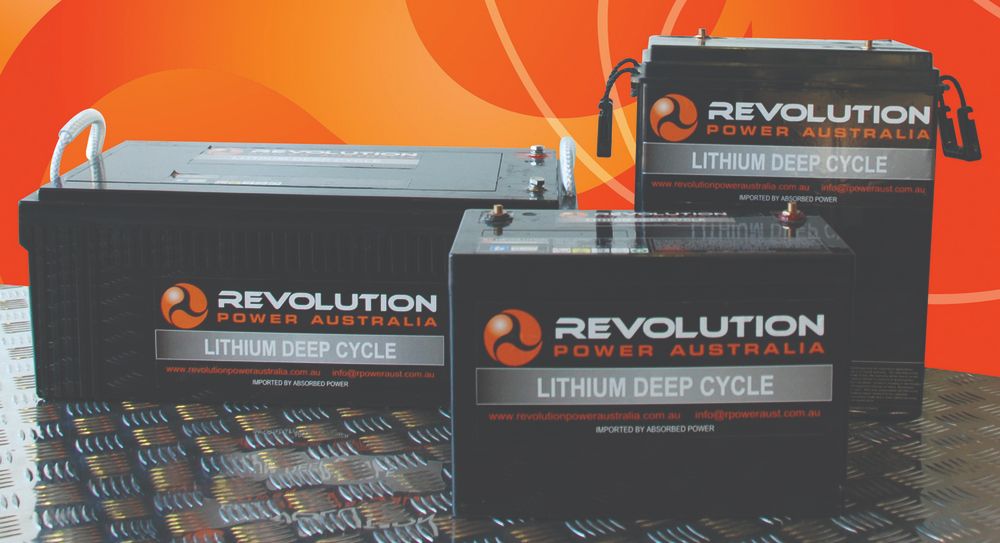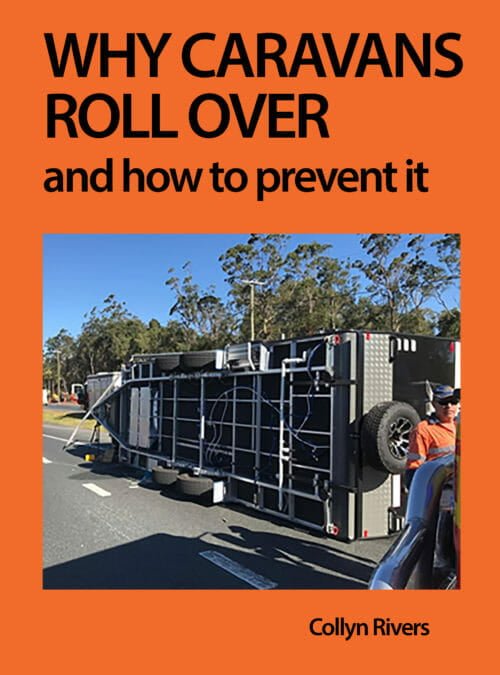by Collyn Rivers
Lithium-ferro phosphate (LFP) batteries – a lithium battery rival
Lithium-ion and lithium-iron-phosphate (a lithium battery rival) are two types of rechargeable batteries. They share some similarities but differ in high-energy-density, long life-cycles, and safety. Lithium-ion is used in smartphones and laptop PCs. Lithium iron phosphate (LiFEPO4) is that used in RVs etc.
Lithium-iron phosphate is cost-effective and more stable at high temperatures. Lithium-ferro phosphate (LFP) batteries may prove a lithium battery rival. It increases the choice of chemicals for battery production. It also reduces reliance on the more expensive, and difficult to produce, lithium hydroxide.
If LFP sells as hoped, the lithium used will reduce. The lithium chemical of choice is then likely to change from lithium hydroxide to carbonate. It will also enhance flexibility in the chemicals for battery production. It will also reduce reliance on the more expensive, and difficult to produce, lithium hydroxide. The lithium used per kWh of storage capacity will reduce. Furthermore, the lithium chemical of choice will trend from lithium-hydroxide to carbonate. An even more compelling outcome is the use of lithium phosphate as a cathode powder precursor.
Lithium battery rival chemistries
Charge and discharge rates of a battery are governed by C-rates. The capacity of a battery is commonly rated at 1℃. This means that a fully charged battery rated at 1 amp-hour should provide one amp for one hour. The same battery discharging at 0.5℃ should provide 0.5 amp for two hours. At 2℃ it should provide two amps for 30 minutes.
Lithium-ion
Lithium-ion can consist of two different chemistries for the cathode: lithium-manganese oxide or lithium-cobalt dioxide. Both have a graphite anode. Lithium-ion has a specific energy of 150/200 watt-hours per kilogram and a nominal voltage of 3.6V. Its charge rate is from 0.7℃ up to 1.0 C. Higher charges can significantly damage the battery. Lithium-ion has a discharge rate of 1℃.
Lithium-iron phosphate (LiFePO4)
Lithium-iron phosphate has a cathode of iron phosphate and an anode of graphite. It has a specific energy of 90/120 watt-hours per kilogram and a nominal voltage of 3.2 -3.3 volts. The charge rate of lithium-iron-phosphate is 1℃. The discharge rate is from 1 to 25℃.
Lithium battery rival – energy level differences
There are significant differences in energy when comparing lithium battery rivals (lithium-ion and lithium-iron-phosphate). At 150/200 Wh/kg, lithium-ion has a higher energy density. This is handy for power-hungry tools etc., that drain a battery at a high rate. The available discharge rate for lithium-iron-phosphate, however, exceeds that of lithium-ion.
Lithium battery rival – life cycle differences
Lithium-iron-phosphate has a lifecycle of 1000-10,000 cycles. These batteries can handle high temperatures with minimal degradation. They have a long life for applications that need to run for a long time between charging.
For lithium-ion, the higher energy density makes it less stable. this is especially at high operating temperature environments. Heat also shortens its life cycle.
Long-term storage benefits
Both lithium-iron-phosphate and lithium-ion have good long-term storage benefits. Lithium-iron-phosphate can be stored longer as it has a 350-day shelf life. For lithium-ion, the shelf life is roughly around 300 days.
Safety advantages of lithium-iron-phosphate
Lithium-iron-phosphate has excellent thermal and chemical stability. Such batteries stay cooler in higher temperatures. It is also incombustible if mishandled during rapid charges and discharges or short circuit issues. Lithium-iron-phosphate does not normally experience thermal runaway. The phosphate cathode will not burn or explode during overcharging or overheating.
Another safety advantage of lithium-iron-phosphate involves the disposal of the battery after use or failure. A lithium-ion battery made with lithium-cobalt-dioxide chemistry is potentially hazardous. It can cause allergic reactions to the eyes and skin when exposed. Special disposal considerations must be made. Lithium-iron-phosphate is non-toxic. It can be disposed of more easily.
Applications for lithium-iron-phosphate and lithium-ion
Lithium-iron-phosphate is suitable for applications where safety and longevity are desired but do not need an extremely high energy density. Examples include solar energy storage and RVs. Such batteries are, however, slightly heavier as well as bulkier than lithium-ion.
Lithium offering a range of benefits
Advances in battery technologies have placed lithium as currently the best power source for portable high energy use devices. It’s long shelf life, and ability to provide a continuous source of power over long periods of time is why both lithium-ion and lithium-iron-phosphate are reliable alternatives.
Currently, lithium batteries cost more than nickel-metal hydride and nickel-cadmium batteries. The long life of lithium batteries, however, can equal out initial high costs. Key factors are:
- Highest energy density: lithium-ion
- Good energy density and lifecycle: lithium-iron-phosphate
- Stable chemical and thermal chemistry: lithium-iron-phosphate
- No thermal runaway and safe when fully charged: lithium-iron-phosphate
- Portability and lightweight characteristics: lithium-ion
- Long life: lithium-iron-phosphate and lithium-ion
- Low costs: lithium-iron-phosphate
The operating environment needs also to be a consideration as well as any vibration issues. For RVs, for example, the chemical stability of lithium-iron-phosphate (i.e.LiFePo4) is superior to that of lithium-ion.




